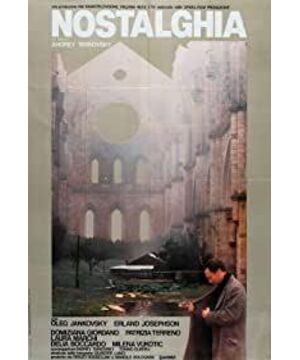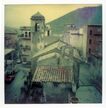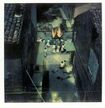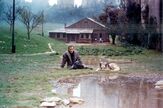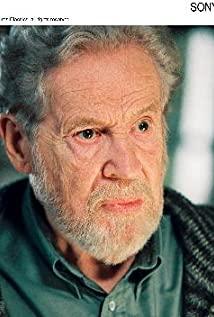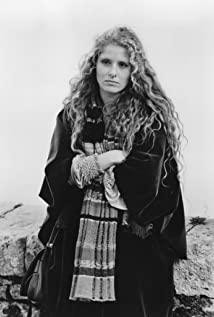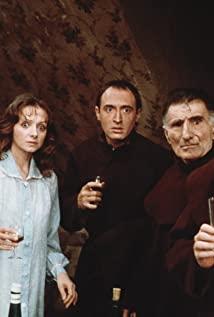Tarkovsky's film "Nostalgia" seems to be his farewell to his hometown Russia. When he came to Italy to shoot this film, he also decided not to return to his hometown. When interpreting this film, we cannot ignore the director's own nostalgia and melancholy. The film is about a Russian poet Andrei's experience in searching for the traces of an 18th-century Russian composer in an Italian town. We might as well regard this as Andrei's story narrated by the director. , the behavior that the director arranged for Andrei was - looking for. First of all, Andrei came to Italy to find traces of the Russian composer who lived in Italy in the 18th century. His expressions, actions and words all showed confusion, helplessness and even emptiness and numbness. It is not difficult to find its traces in a place, and Andre's disappointment from beginning to end will inevitably cause us to further think about his "searching journey": as a writer (poet), Andrei will almost all All the energy is put into the biography of the composer. We can imagine that he already knows the composer's life well, and the director did not follow the logical lines to display his trip step by step in the film. The purpose is not to find composers, so what is the purpose? The author believes that before meeting Dominic, Andre didn’t know exactly what he was looking for on this trip. We saw that he encountered religion, love, and sexuality during the journey. , but none of these seem to have changed his mental appearance like a walking dead. When we look at the director who narrated this story, what he wants to express may not only be nostalgic for his hometown of Russia, but should be lost in the spiritual world. " Nostalgia".
From the dialogue between Andrei and his companions, we can learn the story of the Russian composer of the eighteenth century: the musician who lived in Italy and returned to Russia because he "couldn't stand the cold of a foreign land", but finally He committed suicide in his hometown. The author believes that this is the second circle of narrative in the film. We can get a glimpse of the face of the unformed biography. We can imagine what kind of tone Andrei will use to tell this story. The silent heavy rain fell on the reader's chest. The story of the composer that Andre wanted to tell more clearly interprets the theme of the film: spiritual nostalgia. Compared with the discomfort caused by the land and climate in a foreign country, the pain of being in the hometown but not being understood and accepted by the compatriots seems to be more unbearable, so there is a slightly absurd tragedy of the composer returning to his hometown to commit suicide. When we jump out of this narrative, how to deal with or heal this kind of nostalgia in the spiritual world, Tarkovsky's suggestion is - poetry.
In that old town that retains the original mystery of religion, Andre met Dominic, a "madman" who is not understood by the world. Andre was obsessed with believing that Dominic was the "purpose" of his trip. He tried his best to get close to Dominic and let him tell his story for himself and us. This is the third circle in the film. narrative. Dominic is a poetic person. He listens to seemingly useless sounds and lets insects clean the sewage pipes in his mind. We can even say that he is the incarnation of poetry. Possibly the only poetic and spiritual being in the world. His self-immolation can be seen as his sacrifice. He delusionally wants to save this chaotic world without poetry. From the time of imprisoning his family, his every action is not understood by people, so he entrusts this "important task" to visiting Andre, the flame on his body is also beating on the candle in Andre's hand at the same time. Andre makes an unsuccessful attempt by Dominic in the hot spring with a candle in hand, after several attempts he becomes exhausted, when he finally succeeds in escorting the candle with the flame to the spring, he also falls and the camera pans around The crowd, indifference or curiosity, had no intention of grief.
Firelights, swamps, statues, "Ode to Joy"—poetry and poets who seek poetry fall in such a picture, but we need not mourn for it, as Tarkovsky said: "Life itself is more than extremes. What naturalism depicts is much more poetic." Tashi presented a world where poetry and spirit disappeared, depressed and dull, but he also kept a candle that was still beating with flames for this world.
View more about Nostalghia reviews


